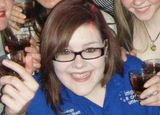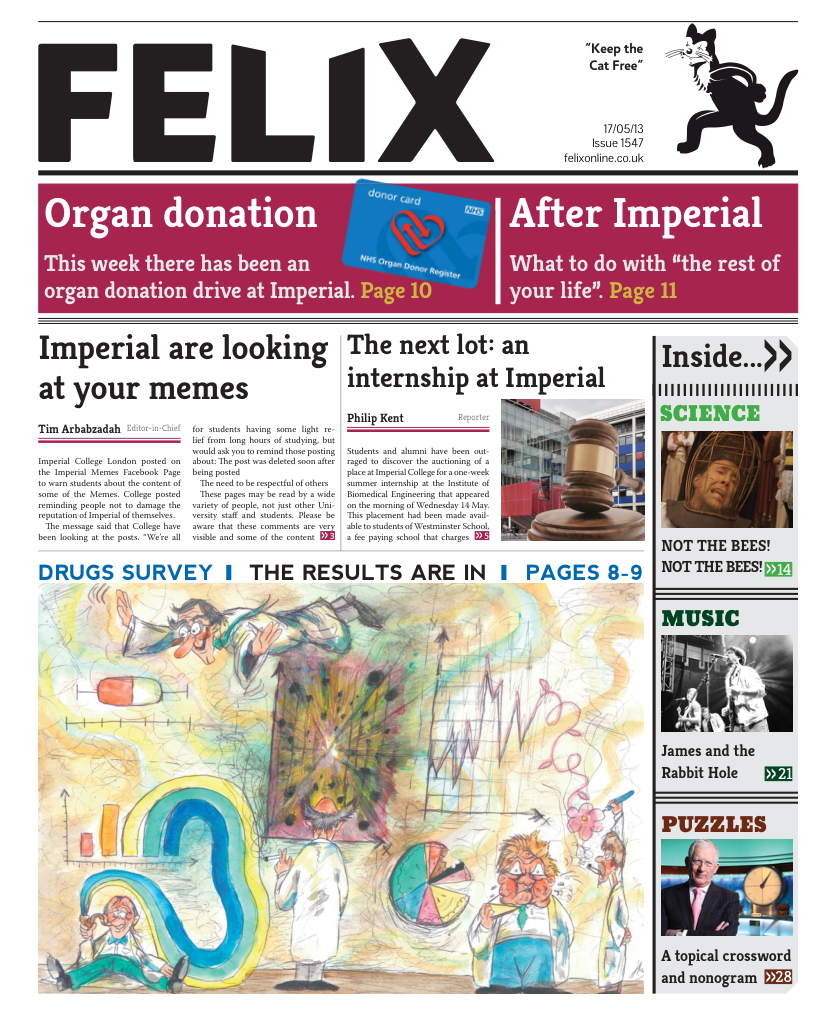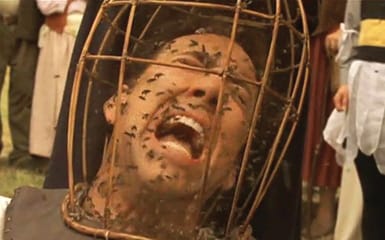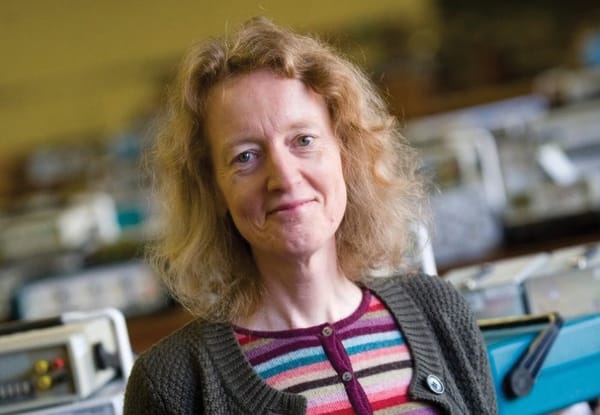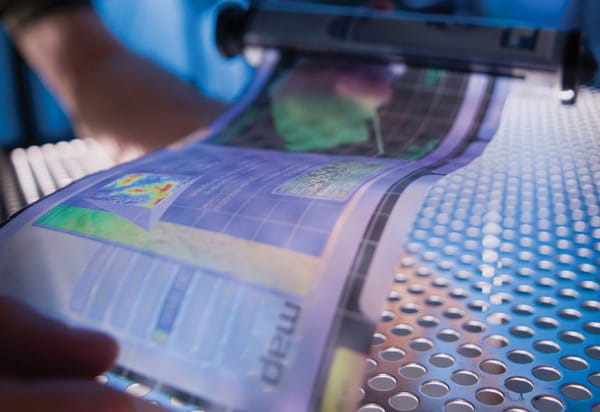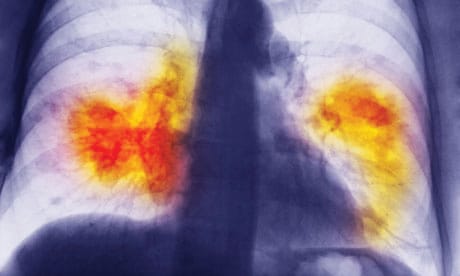Hipster mice display neurological individuality
Philippa Skett on how mice are linking experience to what makes us who we are

Individuality seems to be more of an adolescent dilemma for picking profile pictures than it may be for neuroscientists, but research this week shows that they too are worrying just how to stand out from the crowd. Donning their lab coats and grabbing their microscopes rather than a mirror and an iPhone, researchers at the Salk Institute for Biological Studies in California may have pinpointed the reasoning for what makes us all that little bit different.
The study, centred on groups of genetically identical mice, identified how neurological differences may contribute to individuality in tandem with environmental influences. When kept in the same complex enclosure for three months, it was seen that the brains of the mice altered differently in regards to what they did.
This alteration is referred to as “brain plasticity,” and is, broadly speaking, the mechanism behind how long term memoriesderived from what is experienced are stored via the hippocampus.
Individuality seems to be more of an adolescent dilemma for picking profile pictures than it may be for neuroscientists, but research this week shows that they too are worrying just how to stand out from the crowd
Plasticity is the alteration of neuronal connections within the brain, with certain connections becoming more stable between the groups of neurons involved in “storing” the memory. It is this physiological change that allows for certain memories to be recalled much more easily in the future, and the researchers are now suggesting that neuronal differences in the genetically identical mice may be contributing to their “individuality.” The term individuality here was considered to cover any differences in behaviour, problem solving, patterns of exploration or even idiosyncrasies seen between the groups of genetically identical mice.
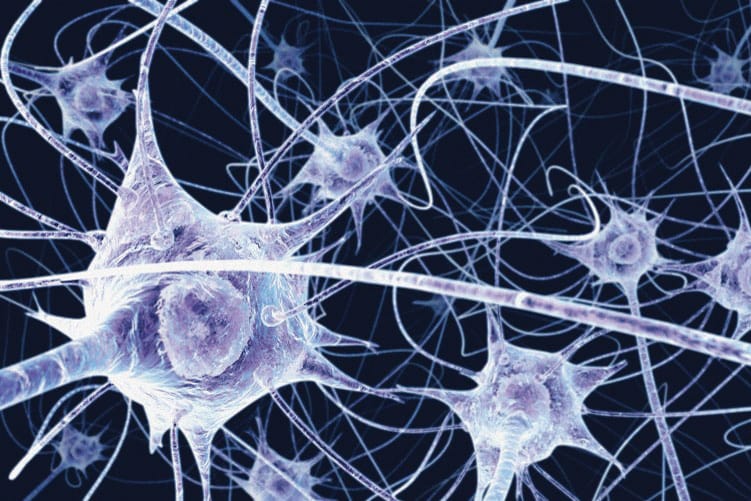
The mice, whilst exploring their enclosure, were tagged with transponders and had antennae attached to track their movements. After the three months, the mice were then surgically assessed to determine plasticity difference by counting proliferating precursor cells within their hippocampus. With previous studies showing that these cells are crucial to neurogenesis- the production of new neurons – and increase through physical and cognitive activity, it was found that mice that had different exploratory behaviour had different numbers of neurons being generated, and thus, introduced elements of individuality into the groups of mice.
Although this seems very much self-explanatory to the general free-thinking scientist (of course experience is going to define individuality, isn’t that obvious), this is the first case of being able to quantify just how plasticity can be altered by measurable interactions. It is the first direct link between behaviour and plasticity, but should not be considered as entirely indicative of environmental influences alone contributing to who we are.
his is the first case of being able to quantify just how plasticity can be altered by measurable interactions
Despite these mice being genetically similar, their behaviour was not identical at the beginning of the study, hinting at some variation that may occur at a much earlier developmental stage. Such differences were merely amplified by the interactive complex they were placed in and the next step is to pinpoint just what might cause these differences at a more precise level.
For now though, this study hints at why even identical twins brought up in the same household, surrounded by the same people, may be two completely different people personality-wise. So, teenagers of the world, want to convey just how individual you are? Put down the phone, wipe off the eyeliner and step outside; a picture may be worth a thousand words but experience seems to be worth more neuronal plasticity than we are yet to quantify.

